 Navigation
Navigation
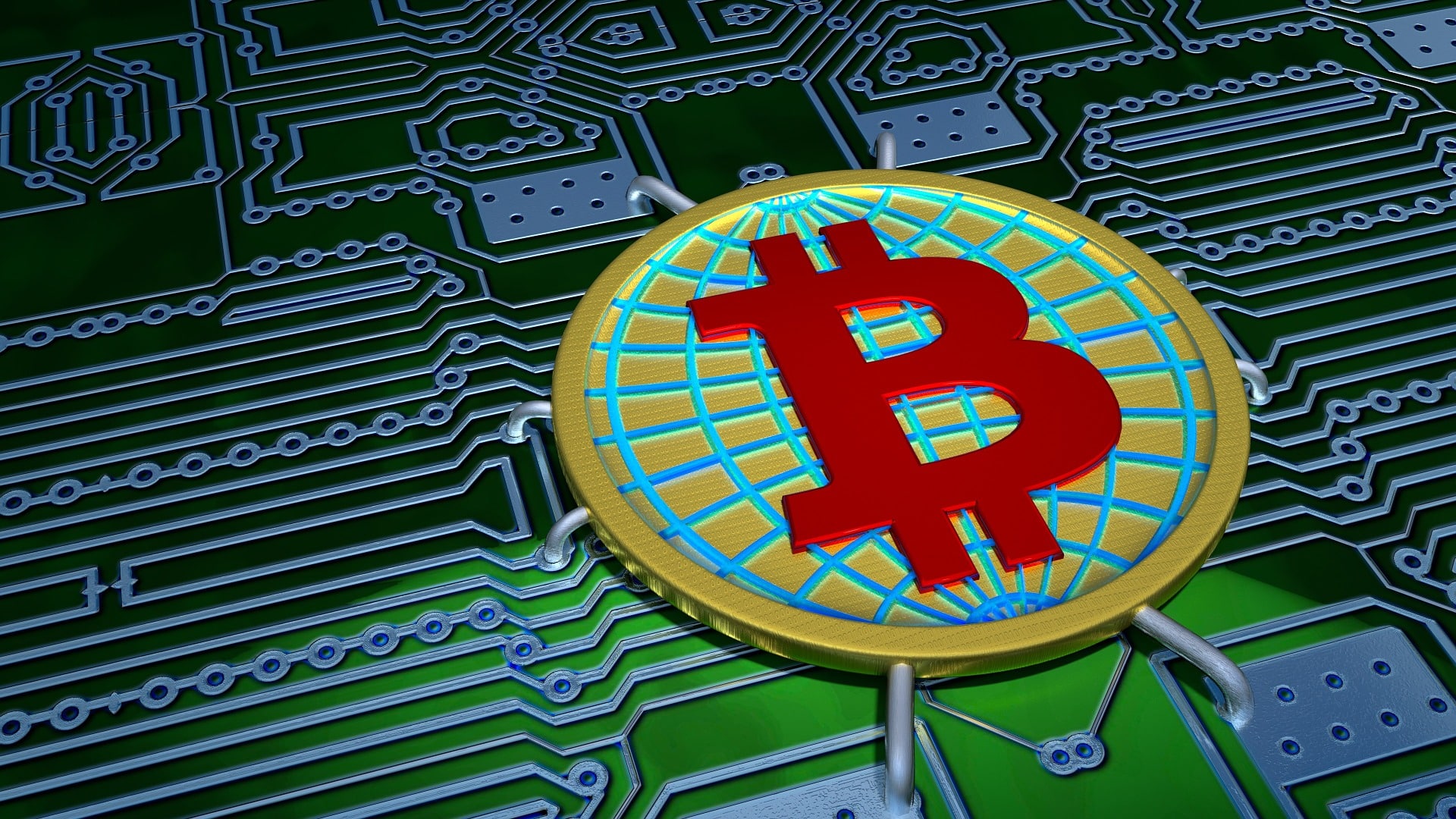
Bitcoin Explained In Under Five Minutes
For most of human history, when two people wanted to trade something, they met up and did it in person, and it was easy for both parties to trust that the transaction was going to settle up as expected. Technology has made it easier for people to engage in an exchange over large distances, without ever meeting, but more difficult for the completely unconnected parties to feel confident in the integrity of exchange. After all, I’d love to keep my money but get your stuff, while you’d prefer to keep your stuff and get my money.
Bitcoin Explained
To compensate for this lack of trust, intermediaries, including banks, Visa, PayPal, Western Union, stock exchanges and many others have emerged.
These intermediaries accomplish five things:
- Authorization: only the people with permission can engage in the exchange.
- Balance verification: The seller and buyer each possess as much of their asset as they claim to.
- Prohibition of double spending: One must not be able to send the same thing to more than one recipient.
- Delivery of assets: you get the thing you’re supposed to get, on time.
- Unalterable record: all parties must always agree on what’s happened and how all balances change as a result.
We may not trust each other, but we both trust MasterCard, for example, and so we do business with each other through MasterCard, even though there are additional costs, in the form of both money and time, involved.
The creator of bitcoin figured out a way to let two entities confidently trade directly with one another, without the need to rely on all these intermediaries. The key is mathematics. As long as we both trust in math, we can be confident the exchange to occur as expected.
Bitcoin uses public key cryptography and an innovative approach to bookkeeping to achieve the authorization, balance verification, prohibition on double spending, delivery of assets and record inalterability described above. And it happens in near real time at no cost.
Cryptography ensures authorization. You need a private key to transact. And your key is complex enough that it would take the best computer longer than the earth has existed to crack it. In other words, it’s essentially unhackable.
The Four Requirements of Bitcoin
The other four requirements are accomplished by bitcoin’s ledger, known as the blockchain.
The blockchain is a comprehensive record of every bitcoin transaction and it exists on many thousands of computers world-wide. Every copy of the blockchain is identical and they are all updated in concert. Those that are tampered or otherwise fail to agree with the other copies are simply ignored. Each copy of the blockchain contains within it the data necessary to reconstruct every transaction and its impact on every account (known in the bitcoin world as a ‘wallet’).
Referencing the blockchain, bitcoin software ensures sufficient balances. Its method of instantly debiting and crediting balances of the appropriate wallets is how bitcoin prohibits double spending and ensures delivery. The distributed and comprehensive nature of the blockchain guarantees bitcoin’s audibility and inalterability.
Bitcoins are not simply created out of thin air. They must be earned, and the method is ingenious. At this moment, tens of thousands of computers – called miners – are at work solving the complex math challenges at the heart of the cryptography underlying the bitcoin software. Successful completion of these math challenges ensures the validity of a transaction. The owner of the winning computer is rewarded with bitcoin.
What often confuses people first trying to understand bitcoin is grasping how it acquires its value, having no government backing it. Is it the Paris Hilton of currency, in that it’s only valuable because everybody says so?
Yes and no.
To be certain, in a post-Gold Standard era, it’s only a shared belief in the value of any currency that gives it worth. So that’s part of it.
As with any economic good, bitcoin’s price is subject to many factors. An important component is an effort expended producing it. The owners of the miner computers are incurring costs, in the form of electricity, computer hardware and opportunity, and as such assign value to the fruits of their labors from the outset and aren’t going to sell them cheaply. This is a version of the economists’ Labor Theory of Value. Bitcoin’s worth is further influenced by its usefulness, as a tool for quick and inexpensive value transfer, and limited supply. This is a case of the utility theory of value.
In other words, bitcoin’s value has real economic principles backing it up.
I distinctly remember when I first heard about bitcoin, in 2012. Due in part to the reporter’s own poor understanding of it, and my inability to conceive of a stateless currency, I concluded it was a Ponzi scheme. But as I went on to learn, it’s the next step in the evolution of financial technology. The intermediary-heavy system we’ve inherited was probably the best humanity could do given the state of technology that prevailed for the past several decades. This revolutionary approach had to wait for computing and networking communication power to become sufficiently advanced, and once they had, the emergence of bitcoin happened quickly.
While bitcoin remains a mysterious subject for many, considering where how far it’s progressed in less than eight years and the dramatic increases in efficiency it offers, the likelihood that it continues to gain traction and work its way further into the financial mainstream seems inevitable.


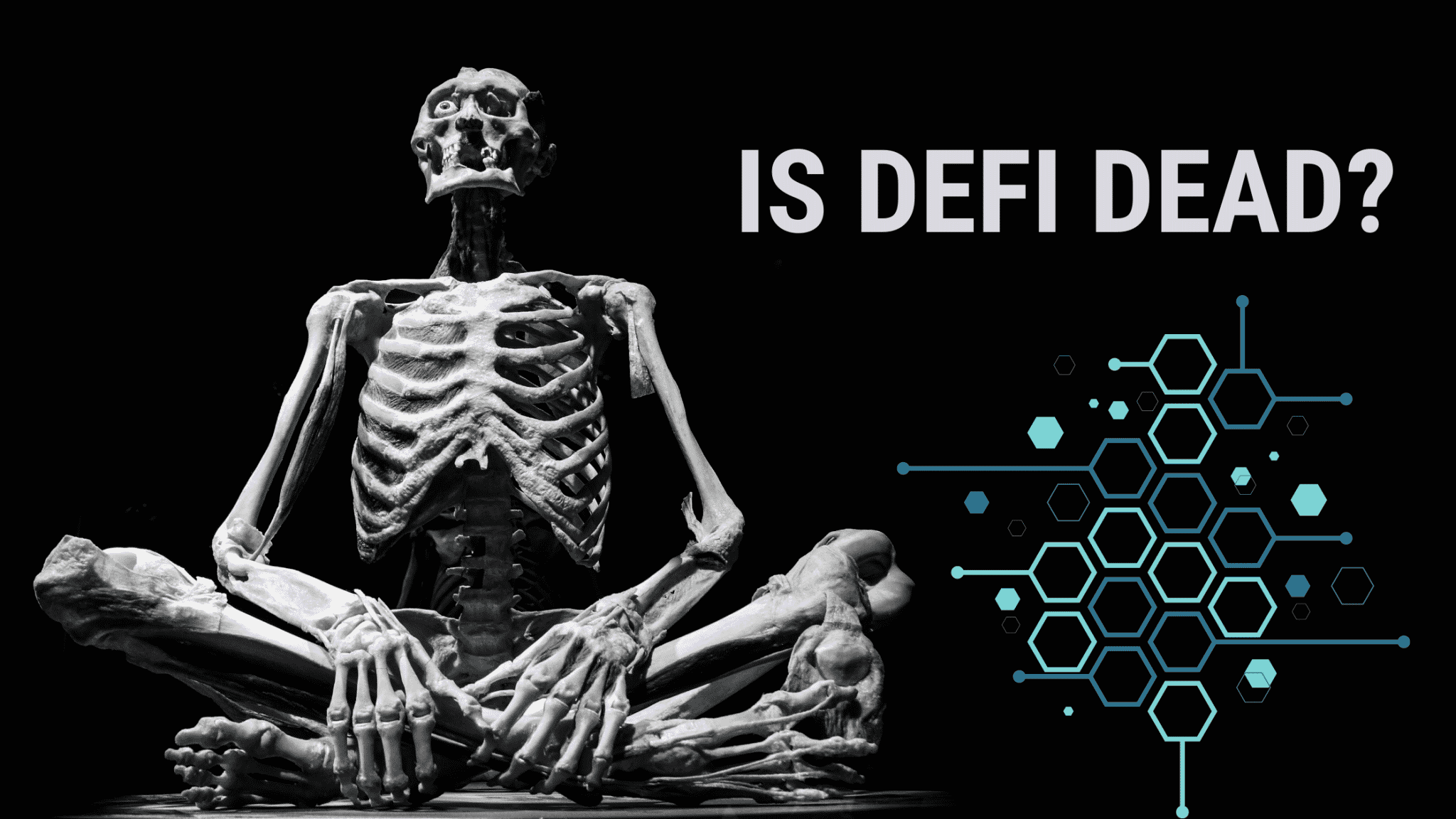

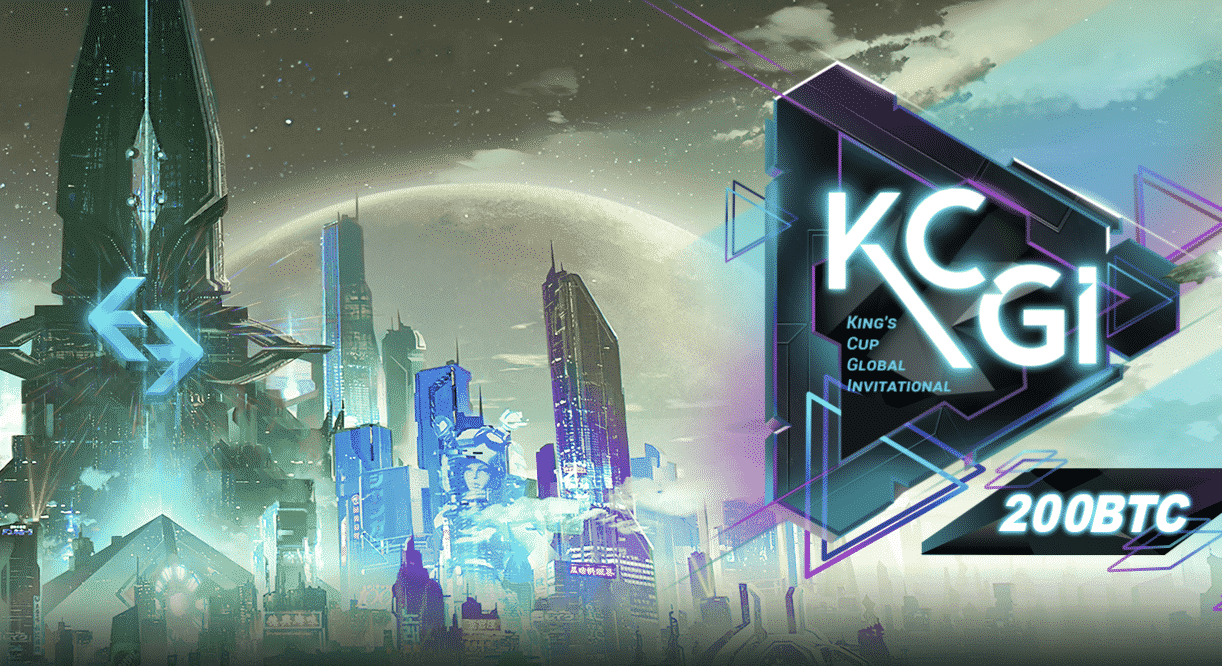
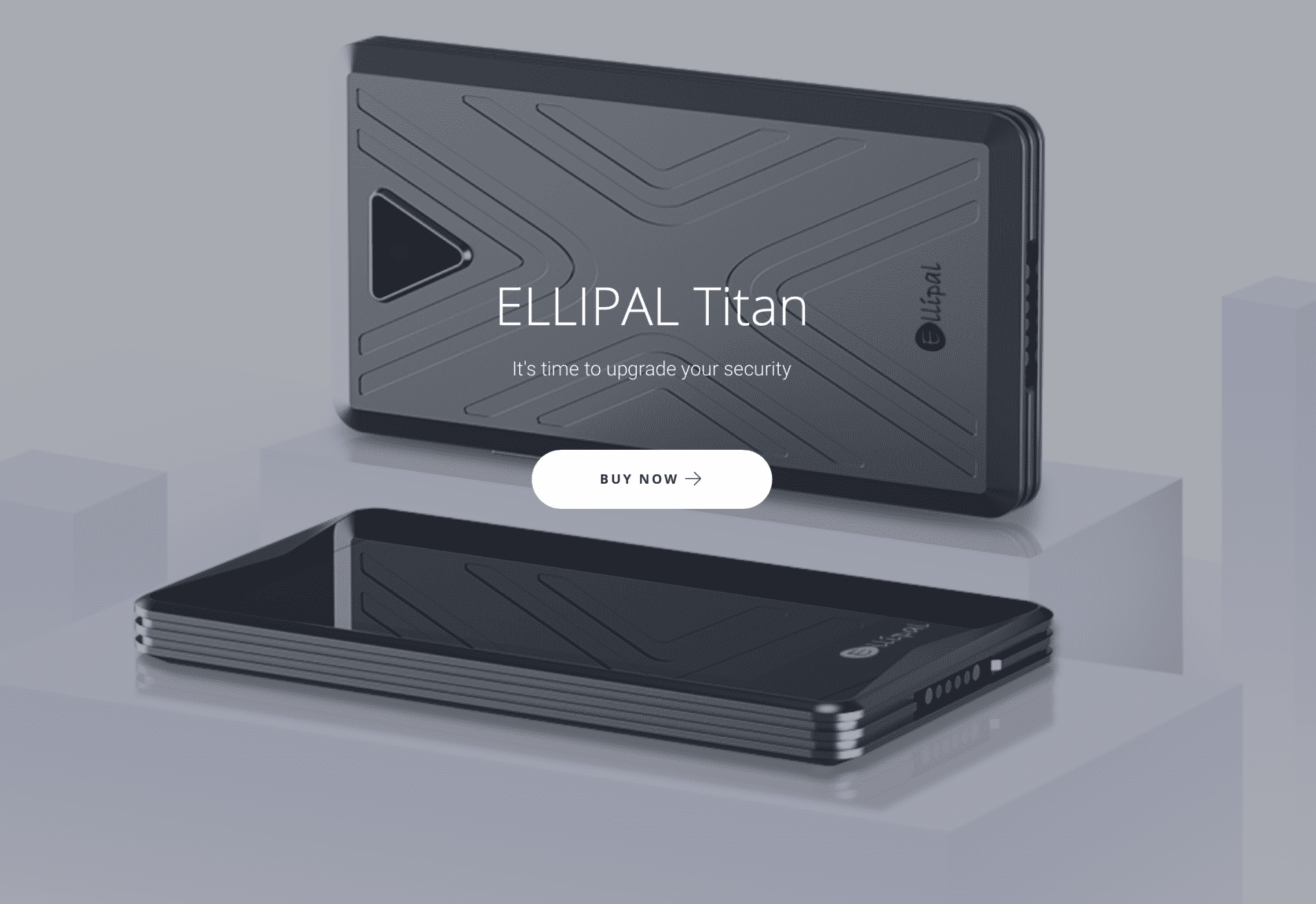
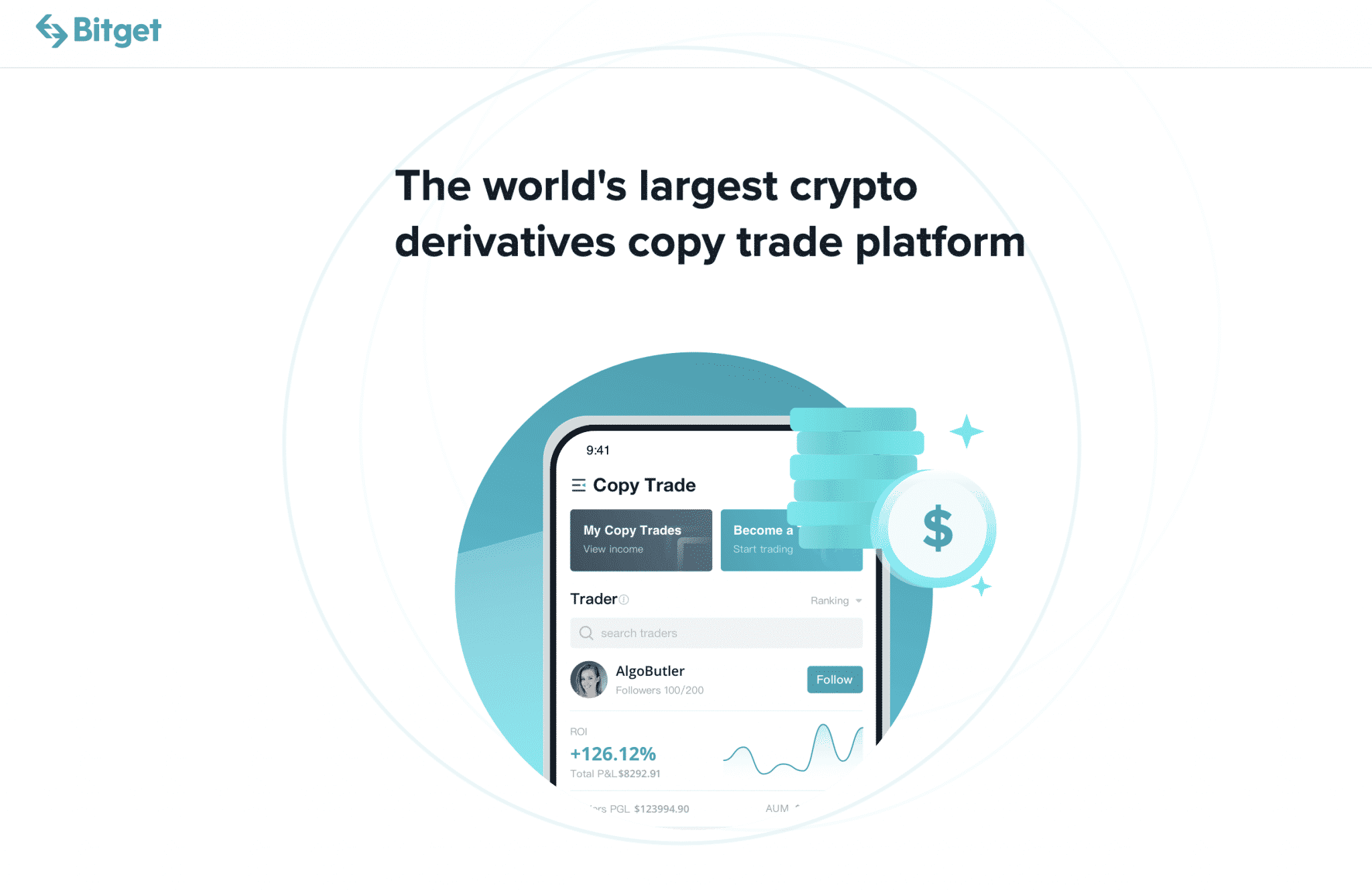
[…] big difference with Bitcoin is that it is decentralized. If there is no central government regulating it, then how do we […]
[…] big difference with Bitcoin is that it is decentralized. If there is no central government regulating it, then how do we […]
[…] big difference with Bitcoin is that it is decentralized. If there is no central government regulating it, then how do we […]
[…] big difference with Bitcoin is that it is decentralized. If there is no central government regulating it, then how do we know […]
[…] big difference with Bitcoin is that it is decentralized. If there is no central government regulating it, then how do we know […]
[…] big difference with Bitcoin is that it is decentralized. If there is no central government regulating it, then how do we know […]
[…] big difference with Bitcoin is that it is decentralized. If there is no central government regulating it, then how do we know […]
[…] big difference with Bitcoin is that it is decentralized. If there is no central government regulating it, then how do we know […]
[…] big difference with Bitcoin is that it is decentralized. If there is no central government regulating it, then how do we know […]
[…] big difference with Bitcoin is that it is decentralized. If there is no central government regulating it, then how do we know […]
[…] big difference with Bitcoin is that it is decentralized. If there is no central government regulating it, then how do we know […]
[…] big difference with Bitcoin is that it is decentralized. If there is no central government regulating it, then how do we know […]
[…] big difference with Bitcoin is that it is decentralized. If there is no central government regulating it, then how do we know […]
[…] big difference with Bitcoin is that it is decentralized. If there is no central government regulating it, then how do we know […]
[…] big difference with Bitcoin is that it is decentralized. If there is no central government regulating it, then how do we know […]
Excellent simple explanation!
Excellent simple explanation!
Excellent simple explanation!